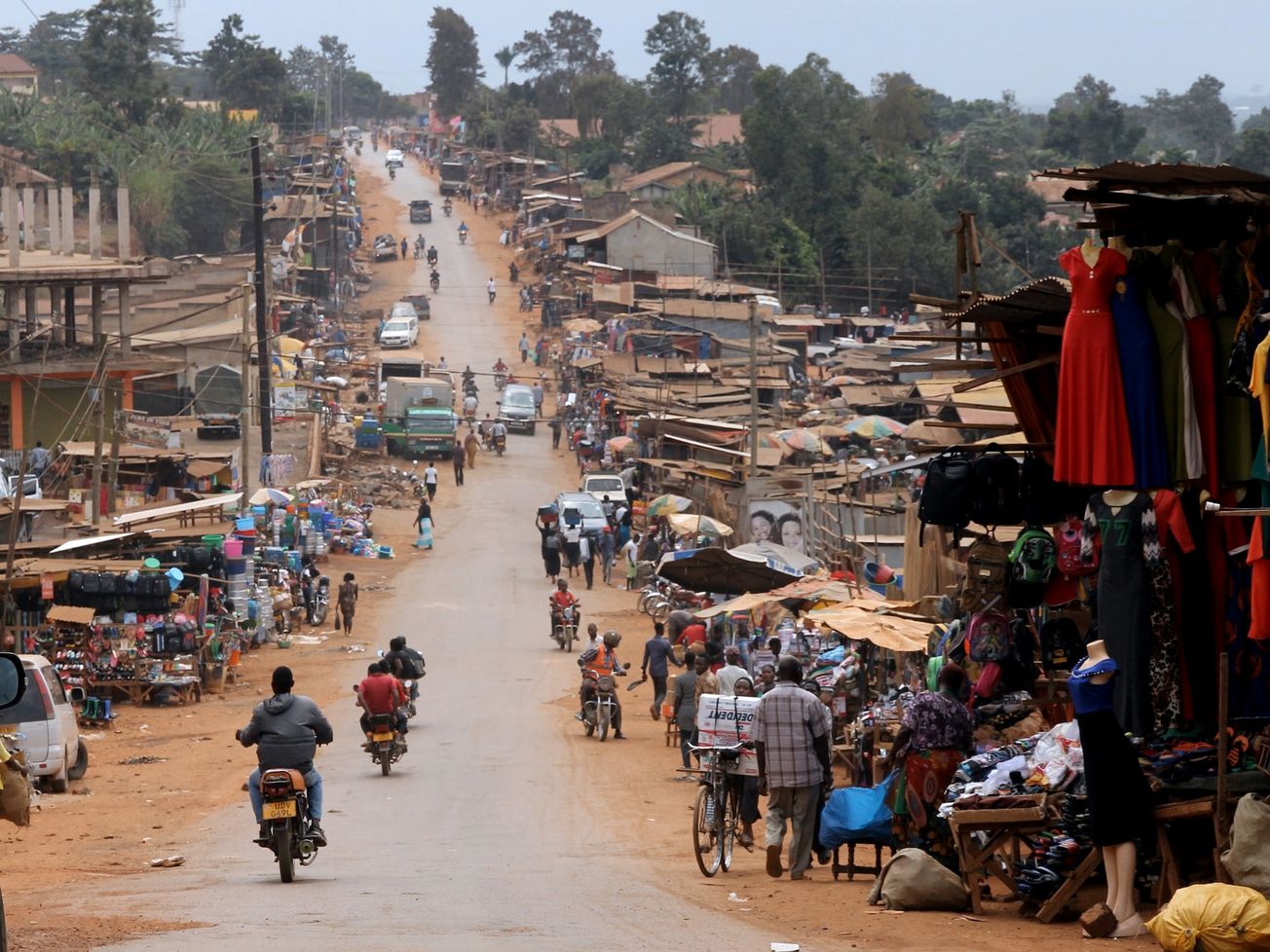The U.N. human rights office was forced to end its operations in Uganda, impeding the work of human rights defenders, journalists and others.
The government's refusal to renew an operating agreement forced the Office of the United Nations High Commissioner for Human Rights, or OHCHR, to shutter its main office in Kampala, the capital, on Saturday.









